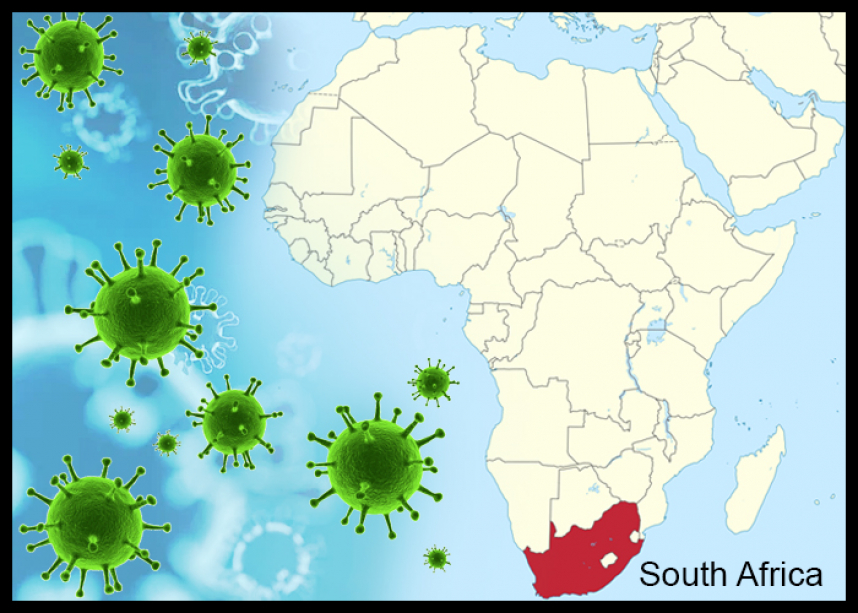
Global authorities have reacted with alarm to a coronavirus variant detected in South Africa, with the EU, Britain, and India among those announcing stricter border controls as scientists seek to determine if the mutation is vaccine-resistant.
WHERE AND WHEN WAS THE NEW VARIANT FOUND?
South African scientists detected a small number of the variant - called B.1.1.529 - on Tuesday, in samples from Nov. 14-16.
On Wednesday South African scientists sequenced more genomes, informed the government that they were concerned, and asked the World Health Organization to convene its technical working group on virus evolution for Friday.
The country has identified around 100 cases of the variant, mostly from its most populated province, Gauteng.
WHERE ELSE HAS IT BEEN IDENTIFIED?
South African scientists say early signs from diagnostic laboratories suggest it has spread rapidly in Gauteng and may already be present in the country's other eight provinces.
The country's daily infection rate nearly doubled on Thursday to 2,465. South Africa's National Institute for Communicable Diseases (NICD) did not attribute the resurgence to the new variant, though local scientists suspect it is the cause.
Botswana detected four cases, all foreigners who arrived on a diplomatic mission and have since left the country.
Hong Kong has one case, in a traveler from South Africa and in Israel one in a traveler returning from Malawi.
The variant is relatively easy to distinguish in PCR tests from Delta, the dominant COVID-19 variant and the most infectious so far. Unlike Delta, it has a mutation known as the S-gene drop-out.